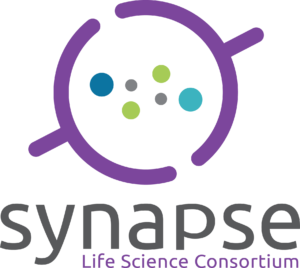Apr-2019
McMaster University researchers discover “kingpin” of human stem cells
The “ocean” of data expected to shift views on stem cells is so valuable it’s being made available to researchers all over the world.

Hamilton researchers have discovered “kingpin” cells that orchestrate how surrounding stem cells develop and grow.
“These cells organize the entire culture and they are responsible for giving rise to every single cell,” said Mick Bhatia, director of McMaster University’s Stem Cell and Cancer Research Institute.
“If this were an orchestra, it would produce the violin, teach the person how to play it and orchestrate all the different instruments so it makes beautiful music.”
The cells called human pluripotent founder cells are significant because they can reveal secrets about how stem cells in the body activate and generate organs and tissue. It can also give hints about why the body doesn’t regenerate at other times like irreversible tissue damage after a heart attack.
“This could be a bit of a paradigm shift in how we think about the nature of stem cells in a dish, the body and in cancer stem cells in tumours,” said Bhatia.
The study published Thursday in the journal Cell also could help explain why findings in mouse studies don’t always translate to humans as the newly-discovered cells are only in people and monkeys.
“You would expect something so fundamental to be in every species but it turns out these founder cells don’t exist in a mouse,” said Bhatia.
“We’ve never had something to put our finger on to say, ‘This is a fundamental difference.'”
The discovery of founder cells opens up so many research pathways that the Hamilton scientists worked with Harvard University and a group in Australia to create a repository of the data that could be accessed by scientists all over the world.
Bhatia compared it to finding an ocean because no one research group on its own could ever possibly learn all that is within its depths
To read the full Hamilton Spectator article, click here
